Bloggers wanted for Best Sex Writing 2013 virtual book tour
Want a free copy of Best Sex Writing 2013 and to join the conversation about sexuality and culture? Sign up to be part of the virtual book tour. Your blog can be about anything, as long as you agree to post on your assigned date about the book. You'll get a copy (print or ebook) and I'll link back to you. Interested? Email bestsexwriting2013 at gmail.com with "Tour" in the subject line and your URL and name and mailing address (for print copy) or that you want an ebook copy and Cleis Press will be in touch about your date and posting instructions. For those who just want to read the book, it's for sale right now on Kindle and Nook and will be in print very soon.

Foreword Carol Queen
Introduction: A Different Kind of Sexual Education
Live Nude Models Jonathan Lethem
Can a Better Vibrator Inspire an Age of Great American Sex? Andy Isaacson
Sex by Numbers Rachel Swan
Very Legal: Sex and Love in Retirement Alex Morris
Notes from a Unicorn Seth Fischer
Rest Stop Confidential Conner Habib
When on Fire Island… A Polyamorous Disaster Nicholas Garnett
Cherry Picking Julia Serano
Holy Fuck: The Fourth-and-Long Virgin Jon Pressick
Baby Talk Rachel Kramer Bussel
Dear John Lori Selke
Sex by Any Other Name Insiya Ansari
Enhancing Masochism Patrick Califia
Submissive: A Personal Manifesto Madison Young
Ghosts: All My Men Are Dead Carol Queen
Happy Hookers Melissa Gira Grant
Christian Conservatives vs. Sex: The Long War Over Reproductive Freedom Rob Boston
Porn Defends the Money Shot Dennis Romero
Lost Boys Kristen Hinman
The Original Blonde Neal Gabler
Introduction: A Different Kind of Sexual Education
As editor of the Best Sex Writing series, and a writer about sex in both fiction and nonfiction forms, I’m privileged to hear from lots of people about sexuality, whether asking for advice or wanting to talk about the big issues of the day, whether that means attacks on birth control or Fifty Shades of Grey. The biggest thing I’ve learned, though, is pretty basic: we are all always learning. You can indeed get a PhD in sexology, like foreword author and contributor Carol Queen did, but that doesn’t mean you simply give up and assume you know everything about the wide world of sexuality and sexual variation. You can’t; it’s impossible.
Part of why sex writing is so vital is because we all have things to learn—about ourselves, and about others. While this book will not teach you how to have sex, you will learn about what motivates others in their sexual desires, whether to engage in multiple relationships, perform sex work, come out as bisexual, build increasingly advanced vibrators, or more.
I think it’s safe to say that whether this is the first book about sex you’ve ever read or the thousandth, you will learn something about what makes people tick, about sexual desire and sexual community. The latter is as important to me as the former, because it’s within the community of sex writers, educators and activists that I’ve carved out a place for myself as a bisexual, feminist, kinky sex writer. Lori Selke writes in her open letter, “Dear John,” about feeling disillusioned by the judgments being passed around her local leather community. “See, my kinky leather identity grew firmly out of my queerness and my feminism. All three of those elements are important and in some ways inseparable. It’s important to me to pursue the sort of social justice that ensures that our consensual relationships are someday entered into from a place of roughly equal societal power. Without that aim, we’re simply perpetuating oppression.” I suspect many people aren’t aware of just how committed to their ideals those in the kink and leather communities are. To assume it’s all about whips, chains, bondage and spanking is to miss the point—of course it’s about those things, but it’s also about much more.
The educational lessons here are often much more personal. When Conner Habib opens his essay “Rest Stop Confidential” with, “I was fifteen the first time I found out that men have sex in public,” I must admit that, at thirty-seven, I have only seen men having sex in public at parties specifically designed for sex. The first of many firsts Julia Serano details in “Cherry Picking” begins, “The first time I learned about sex was in fifth grade.” We are all both capable of learning more, and impacted by what we did—or didn’t—learn about sex at a young age.
Some of what you’re about to read is sad or scary or disheartening; I cannot promise you a book of shiny happy sex bouncing off every page, because that is not the world we live in. There are laws to fight against, AIDS plaguing the gay community, internalized oppression, questions that may have no answers, or multiple answers. I didn’t select these essays and articles because they purport to have all the answers.
Last year’s guest judge, the noted sexual commentator Susie Bright, when asked about The Guardian’s Bad Sex award, responded, “There is no art without sex.” I think the same could be said for the news; sex is not a topic squirreled away on the back page of the paper; it’s on the front page, in the sports section, the business section, the editorials. It’s covered in fashion magazines and newsweeklies. In Best Sex Writing 2013, hot topics include New York Jets quarterback Tim Tebow’s virginity and the laws governing condom use in porn.
Sex education remains at the forefront of the news and continues to be “controversial,” though, like birth control, another political battleground of late in the United States, I would think it would be a no-brainer. Yet I can still read articles like one in Time about the Mississippi county, Tunica, with the highest teen pregnancy that is only recently getting on board with sex ed, via a law mandating it do so. “During the four years Ashley McKay attended Rosa Fort High School in Tunica, Miss., her sex education consisted mainly of an instructor listing different sexually transmitted diseases. ‘There was no curriculum,’ she says. ‘The teacher, an older gentleman who was also the football coach, would tell us, “If you get AIDS, you’re gonna die. Pick out your casket, because you’re gonna die.”’”
We should not be reading articles like this any longer, but we are, and it’s not just youths who are in dire need of sex education. Just today, I received an email from an acquaintance asking if I could chat because, “I have found a wonderful woman with whom i have begun to explore areas of my sexuality i really have never followed through on or even verbally fantasized about.” He has questions. So do many people, but they don’t know where to turn.
This book doesn’t purport to have all the answers, and is likely to raise many discussions and propose multiple answers to questions about open relationships, prostitution, sexual orientation and other topics. It cannot take the place of talking about sex—with your lovers, friends, parents, children, neighbors and coworkers. Those shouldn’t be the same conversations, but they can exist, and by making sex a topic we don’t shy away from, we start to educate ourselves about what others are thinking, feeling and doing. So I hope that you won’t read this book and keep it tucked away on your bookshelf (or e-reader); while you are more than welcome to do so, I hope you will introduce some part of what you’ve read into a conversation, take it off the page and into real life. You will very likely learn something, and that is a process that can easily snowball; there’s never an end, because it’s a lifelong process, one that I look forward to every day.
Rachel Kramer Bussel
New York City
Labels: best sex writing, Best Sex Writing 2013, bloggers, books, Carol Queen, Cleis Press, essays, journalism, nonfiction, politics, Rachel Kramer Bussel, Tim Tebow, virtual book tour












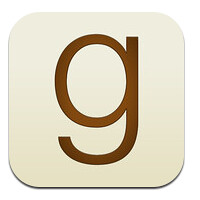

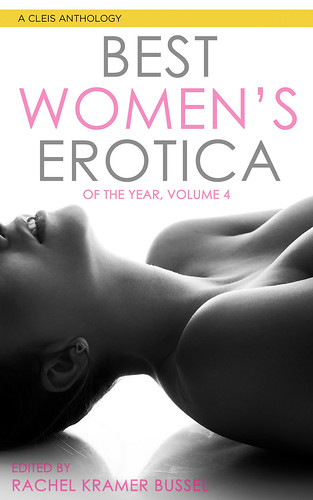
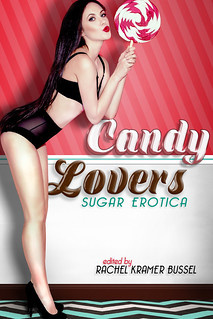
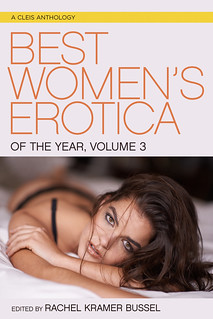
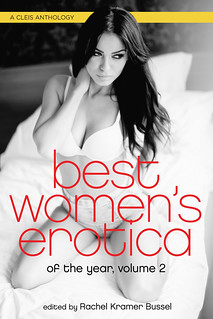
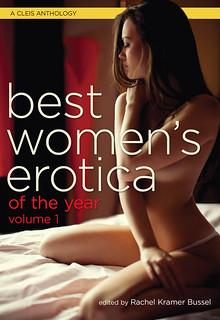
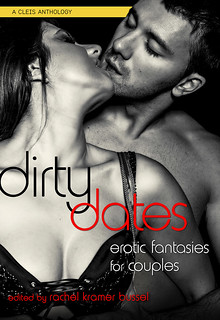

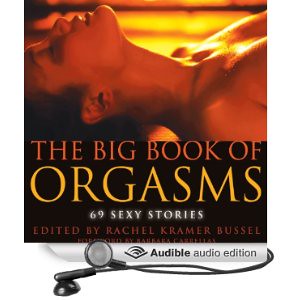
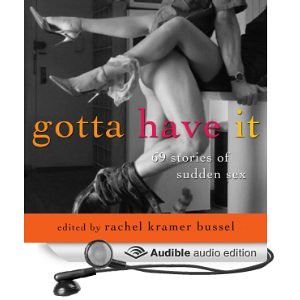
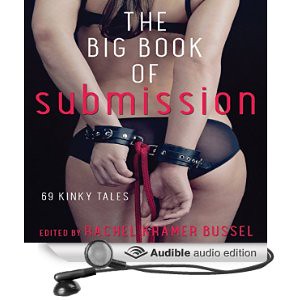 The Big Book of Submission: 69 Kinky Tales
The Big Book of Submission: 69 Kinky Tales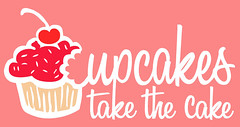
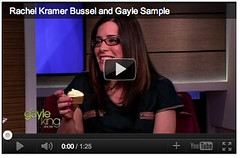

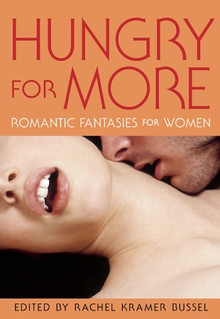
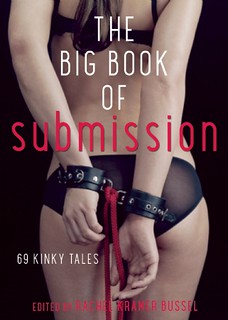
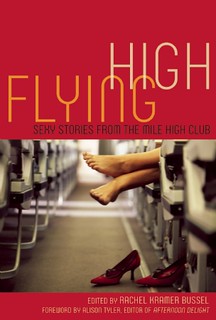 Flying High: Sexy Stories from the Mile High Club
Flying High: Sexy Stories from the Mile High Club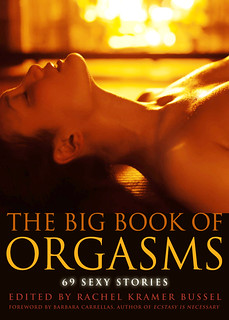
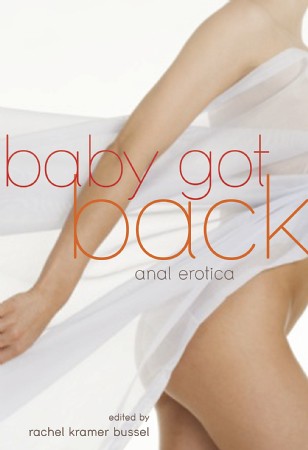

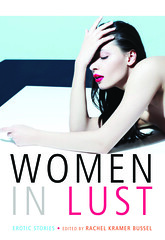






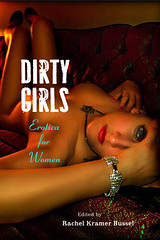






0 Comments:
Post a Comment
<< Home